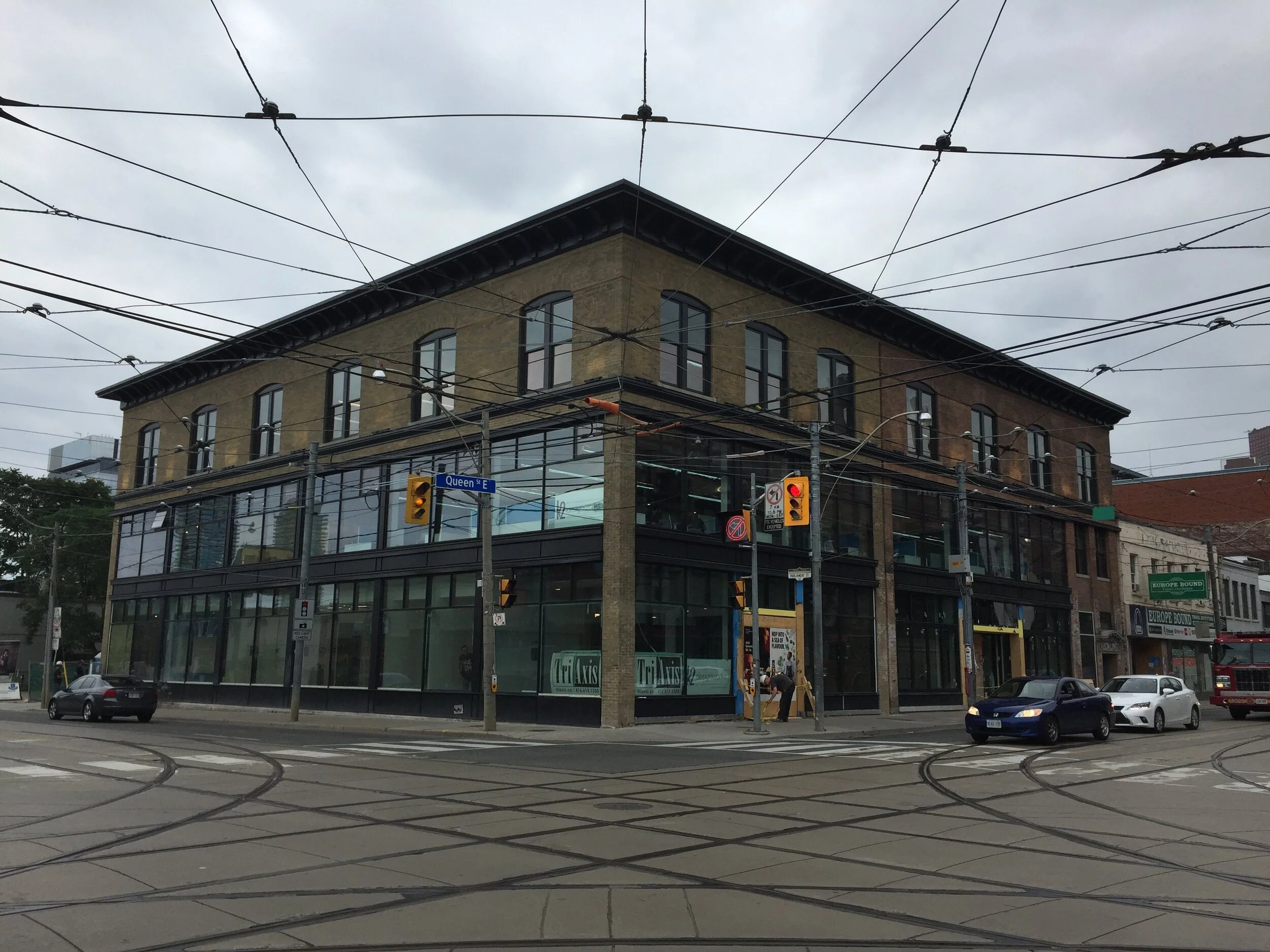By: Michelle Dagnino
In recent weeks, amidst the pandemic, Canadians were given front row seats into the inner workings of an international development charity with celebrity status. For many of us working and volunteering in the local social services sector the WE Charity affair revealed an enormous gulf between WE’s experience and the reality faced by the majority of charities in this country.
The headquarters of WE Charity is a sprawling 40,000 square foot heritage building at the intersection of Queen Street and Parliament Street. WE’s vast real estate holdings, valued at approximately $50 million, demonstrate their remarkable privilege in the Canadian charitable sector. It also reveals a crisis that came crashing down upon us when COVID hit – that a fundamental crisis for Canada’s most marginalized is fundamentally a crisis of space.
I work with a local social services organization, in one of Canada’s most under-served urban neighborhoods, Jane and Finch, in North West Toronto. The Jane/Finch Centre operates out of a modest corner of office space carved out of the first floor of a government housing rental apartment. Thousands of residents annually are served in less than 2000 square feet of space.
Jane and Finch is a community, a city area but fundamentally it is spatial area – community space – and by WE Charity resource measures, a tiny one.
Many of the residents living in Jane and Finch work in the jobs that we have relied upon so heavily during this time – PSWs, grocery store clerks, factory workers, custodians – are living two or three families to a single apartment. These market-rent apartment buildings have virtually no amenities, and during a time of COVID, any shared building spaces have been closed.
Young people who relied on the small handful of youth drop-in spaces that existed have seen that closed. (The oldest drop-in space in the community is about 1700 square feet, which also hosts staff. For this, it pays over $6,000 a month in rent). When they open up again, they will only be able to host a quarter of the youth they once did to be able to maintain safe social distancing.
The Jane/Finch Centre, founded in 1976, used to have 6 permanent sites, 4 in Toronto Community Housing buildings, and the other two sites in each of the shopping malls at the intersection of Jane and Finch. Four years ago, Toronto Community Housing decided to take back the offices that were housing a variety of direct services. For what, it is still not known, but again, Jane and Finch finds itself without space.
An LRT storage facility is being built in the middle of a community that is desperate for space. Most recently, Metrolinx told the area councillor, Anthony Perruzza, that the community hub that had long been planned for on the same lands as that storage facility was no longer going to be provided. The space was needed, for other reasons, or just to be put to market, is not clear, but the community need for space was no longer the priority. (They have since walked that back and stated they will re-commit to providing the land).
For the Jane and Finch community, like other low income neighborhoods across the city and province our lack of space means a higher risk of death. A higher likelihood of catching COVID, and due to race and income a higher likelihood of dying from it. A higher likelihood of being a victim or perpetrator of violence because there was no safe space for a young person to hang out in. A higher likelihood of being trapped in a cycle of unemployment, because the employment training program you need to go to requires money for transit, money for childcare and hours of travel a day, far outside your neighborhood. A higher likelihood of depression, as you have to spend hours and days and weeks in a living space that has no room for you, and you have no place to feel grass on your toes and sun on your face.
As we struggle to combat COVID-19, how we use and share spaces must be a key part of the discussion of how we rebuild our communities.
Michelle Dagnino is a Director with the Jane/Finch Community and Family Centre in north west Toronto. Michelle’s family immigrated from Uruguay to the Jane and Finch community, where she was born and raised in her younger years.

